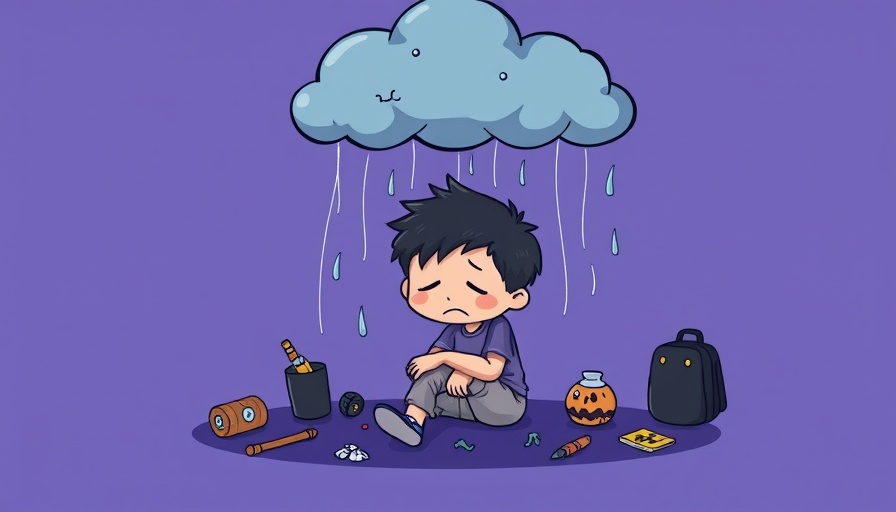
A Radical Approach to Self-Care: Embracing Resistance
The concept of self-care is increasingly viewed as a profound political act, especially in the face of systemic oppression. As community activist Shelly Tygielski emphasizes, self-care isn't simply about indulging in personal pleasures; it is a necessity in our ongoing struggle against injustices. In an era defined by social unrest and political strife, practicing self-care is an essential strategy for reclaiming emotional agency and fostering resilience.
The Importance of Self-Care in Activism
As the struggles for social justice persist, Tygielski underscores the need for activists to cultivate their mental well-being. Self-care acts as a recharging mechanism, allowing individuals to reset and re-engage in the fight against oppression. Embracing self-care can transition our response from fight-or-flight to empathy and constructive action. Tygielski notes that through self-care, individuals can learn to nourish their spirits and bodies, preparing them for sustained activism.
Three Practical Self-Care Strategies
According to Tygielski, self-care can be achieved through three fundamental practices:
- Unplugging from Media: Allow yourself a break from the relentless cycle of news and social media. Disconnecting from these platforms nurtures mental tranquility and allows for introspection.
- Acknowledge Your Needs: Recognizing when you need self-care is vital. As an activist, it might mean taking a break from responsibilities to focus on your own emotional well-being. Don't hesitate to ask for support from those around you.
- Engage in Joy: Reclaiming joy in the same breath as resistance is no easy feat, but it is crucial. Finding moments for gratitude and exploring activities that spark happiness can be radical forms of self-care.
Self-Care as a Political Tool
Historically, self-care has been recognized as an act of resistance, particularly within marginalized communities. As articulated by Audre Lorde, “Caring for myself is not self-indulgence. It is self-preservation, and that is an act of political warfare.” In this context, self-care becomes a way to combat the physical and psychological toll of systemic oppression. Studies, particularly from BIPOC communities, have highlighted that engaging in self-care helps mitigate the effects of racial trauma and emotional exhaustion stemming from advocacy.
Intersecting Identities and the Need for Diverse Self-Care Practices
The conversation around self-care must also acknowledge the lens of intersectionality, recognizing that individuals hold multiple identities that affect their experiences in pursuing wellness. As the literature suggests, the unique challenges faced by individuals within marginalized communities demand self-care practices that resonate with their cultural background and lived experiences. Acknowledging these factors is crucial in developing effective and personalized self-care techniques.
Community-Based Self-Care Initiatives
Beyond individual practices, community-level self-care initiatives are likewise essential. Programs designed to encourage collective wellness not only address the wellbeing of individuals but also foster communal resilience. Such initiatives reflect the idea that stronger communities are built through shared self-care practices. Community gardens, wellness workshops, and group therapy sessions can collectively bolster the mental health of the members, reinforcing the importance of supporting one another.
Conclusion: Prioritize Your Well-Being
In times of adversity, self-care is more than a personal endeavor; it is a political act of resistance. By nurturing ourselves, we gather the strength to advocate for change and uplift those around us in the journey towards collective justice. It is time to shift the narrative around self-care from indulgence to necessity, emphasizing that by taking care of ourselves, we are reclaiming our power and agency.
Therefore, we invite readers to evaluate their self-care practices. What can you change today to prioritize your well-being? Reflecting on self-care as an act of resistance is paramount as we navigate the ever-changing landscape of our reality. Simply put, your emotional and mental wellness is vital in the ongoing fight for justice.
 Add Row
Add Row  Add
Add 




Write A Comment